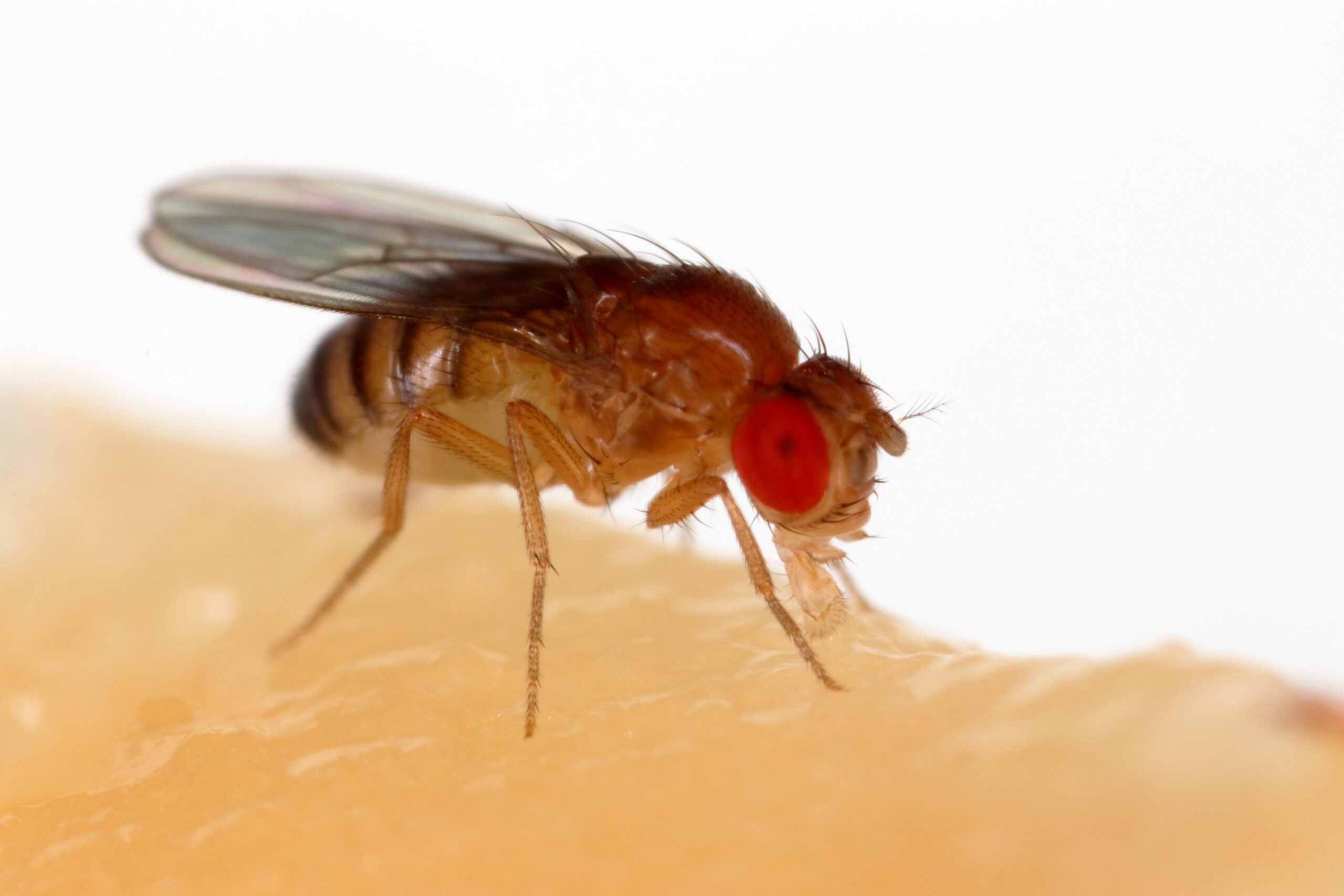Dr. Yini Li never expected to find herself in the world of neurodegenerative disease. As a PhD student captivated by the elegance of RNA modifications and epigenetic regulation, she was drawn to the mysteries of the human genome—especially the vast stretches of so-called “junk” DNA that don’t code for proteins but may hold hidden regulatory power.
Today, as a Target ALS Springboard Fellow and Principal Investigator at Purdue University, Dr. Li is exploring an audacious idea: that the remnants of ancient “jumping genes”—once thought to be useless—may hold key insights into the mechanisms of ALS and frontotemporal dementia (FTD). Her project, Exploring the regulation mechanism and epigenetic function of LINE1 RNA in ALS/FTD, sits at the intersection of curiosity-driven science and therapeutic potential.
“Fifty percent of our genome is made up of these sequences. We used to call them junk, but evolution doesn’t keep junk around for no reason,” she said. “In ALS and FTD, we’re seeing these sequences come alive again. They’re dysregulated in a big patient dataset that we look at.”
The idea that ancient genetic elements—LINE1 RNAs—could be driving modern diseases like ALS is striking. Dr. Li’s work seeks to understand not just why these elements become dysregulated, but what consequences follow. Could they be triggering disease progression? Could correcting their expression help reverse symptoms? These are the questions she’s now chasing in the lab she launched less than a year ago.
Transitioning from postdoc to PI has been both exhilarating and humbling. “As a postdoc, you carry the ideas and execute them yourself. Now, it’s a team effort,” she reflected. “It’s not just about ideas—it’s about mentoring, motivating, and creating a space where people can think freely.”
Dr. Li is doing just that. Her lab already hums with energy—students and postdocs working side by side on ALS. She insists on an open, collaborative culture. “Our lab meetings feel like a game of tic-tac-toe. Ideas flying. Everyone contributes. It’s exactly what I hoped for.”
At the heart of her research lies a deep respect for the precision of biology. “Gene expression is so beautifully balanced,” she explained. “The brain, especially, has an incredibly sophisticated RNA network. When that balance is disrupted—even slightly—it sets off a cascade that can lead to disease.”
Dr. Li believes the reversibility of RNA and epigenetic regulation could make them powerful therapeutic targets. Unlike fixed genetic mutations, these modifications can be fine-tuned—turned on or off—potentially restoring normal function without permanent edits.
This vision fits within a broader trend in the field: the rise of RNA-targeted therapies and personalized medicine. “More and more of us are moving toward RNA therapies and gene modulation,” she noted. “It’s about precision. About identifying subtypes of disease and designing treatments that match.”
When asked what advice she would offer other early-career scientists, Dr. Li smiled. “I’m still early in my career too,” she said modestly. “But I’d say: stay focused on the questions that keep you up at night. And stay open. The field is moving fast. Be willing to embrace new ideas, new technologies, new ways of seeing.”
Attending the Target ALS Annual Meeting is, for Dr. Li, one of the highlights of the year. “It’s like scientific fast food,” she laughed. “In just a few days, you absorb so much—what’s working, what’s not, and where the field is headed.”
But for Dr. Li, the meeting is more than an intellectual summit. It’s a community. “As Springboard Fellows, we reunite each year. These are people who get what you’re trying to do—and cheer you on. That’s powerful.”
In a space as complex and urgent as ALS, this kind of bold, creative science is essential. And so are scientists like Dr. Yini Li—fearless, focused, and fiercely curious about the secrets still hidden in our DNA.


